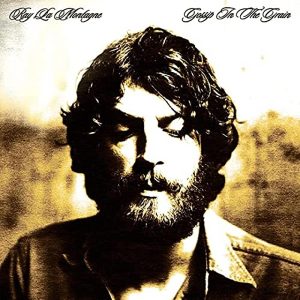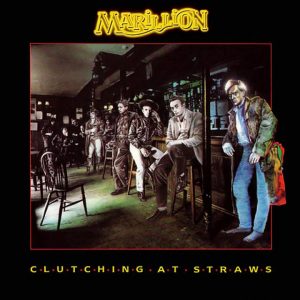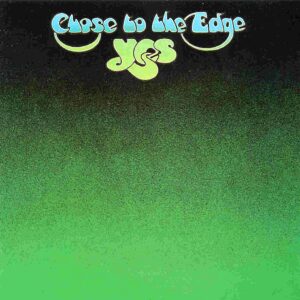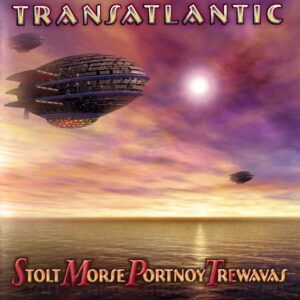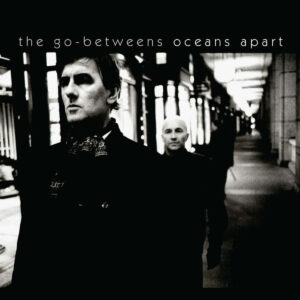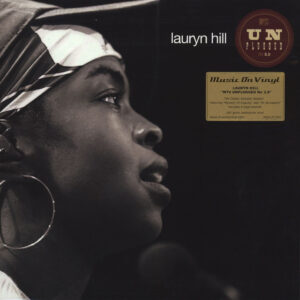
Transatlantic are a progressive rock supergroup, plucking members from other successful neo-prog acts. Bassist Pete Trewavas has been a member of Marillion since 1982, while drummer Mike Portnoy is a former member of Dream Theater. Guitarist Roine Stolt comes from The Flower Kings, while keyboardist and primary vocalist Neal Morse was originally in Spock’s Beard.
Transatlantic formed in 1999 as a side project – they recorded two albums before breaking up in 2002 when Morse found God. They reformed in 2009, but to date have only recorded five albums – the 2000s are the only decade when they’ve released multiple albums.
Neo-prog exists in its own little bubble, slobbered over by aficionados and ignored by everyone else, but for my money Transatlantic largely measure up to progressive rock’s heyday in the early 1970s. Morse is a top-flight vocalist and Stolt’s lead guitar is melodic and engrossing. All four members sing, and Trewavas’ characterful English vocals and Morse’s excellent keyboard work are both strong additions to the band’s arsenal. Morse’s predilection for Christian balladry probably turns off some potential listeners, but it also gives the group a distinct identity. All five of the group’s albums to date are worthwhile, and they’re the 21st-century prog band that I’ve found that comes closest to the 1970s catalogues of prog giants like Genesis and Yes.
Transatlantic Album Reviews
SMPT:e | Bridge Across Forever | The Whirlwind | Kaleidoscope | The Absolute Universe (Forevermore)
SMPT:e

2000, 7.5/10
Transatlantic’s first album was a quickly recorded side project. Portnoy later stated, “with Dream Theater, the latest album took us eight months or something. With Transatlantic, two weeks of writing and basic tracks; the guitar and vocals were overdubbed afterwards.” The title is a reference to SMPTE, a time code used in recording, and it’s also an acronym of the members’ initials. SMPT:e is highly regarded by Transatlantic fans, but it’s not my favourite – it’s less punchy and less collaborative than their other records.
SMPTe is a hefty record with five tracks stretching out over 77 minutes. The half-hour opener ‘All of the Above’ is often a fan-favourite, but it doesn’t hold my attention as well as some of the band’s other epics – it’s not as heavy, although there’s some great keyboard playing from Morse. ‘My New World’, with Stolt on lead vocals, sticks much better – the riff is memorable and it rocks harder. Morse gets in his customary sentimental track with ‘We All Need Some Light’. SMPTe closes with a cover of the song that’s sometimes regarded as the first fully-fledged progressive rock epic – Procol Harum’s ‘In Held ‘Twas in I’ from 1968’s Shine on Brightly.
SMPT:e is a promising debut, but it’s not one of my favourite Transatlantic records.
Bridge Across Forever

2001, 8.5/10
When Transatlantic reconvened for their second album, they were more like a band and their sophomore album is more realised. Portnoy later told ProgReport “we were comfortable working together because we had already made a record together and done some live shows together, so it was that much more collaborative making Bridge. We consciously broke up the vocals some more. Myself and Pete started singing a little bit more than we did on the first album. I think we made a Prog classic.” Bridge Across Forever is tougher sounding and more musically adventurous than its predecessor – the funky ‘Suite Charlotte Pike’ evokes The Beatles with its poppy melody and backing vocals, while ‘Duel With The Devil’ throws in a children’s choir without getting too sentimental. This time there are only four songs over 77 minutes, with ‘Stranger in Your Soul’ running for half an hour.
The three epic songs all share common motifs that link them – ‘Stranger in Your Soul’ ends with a section of ‘Suite Charlotte Pike’. ‘Duel With The Devil’ has a great five-note hook that holds the piece together over its lengthy running time. ‘Suite Charlotte Pike’ The strings on ‘Stranger in Your Soul’ are lovely, while the title track is another of Morse’s mellow ballads but it’s easily my favourite with a lovely vocal melody and vocal performance.
Bridge Across Forever is an excellent progressive rock, cementing Transatlantic as one of the leading exponents of the genre in the 21st century.
The Whirlwind
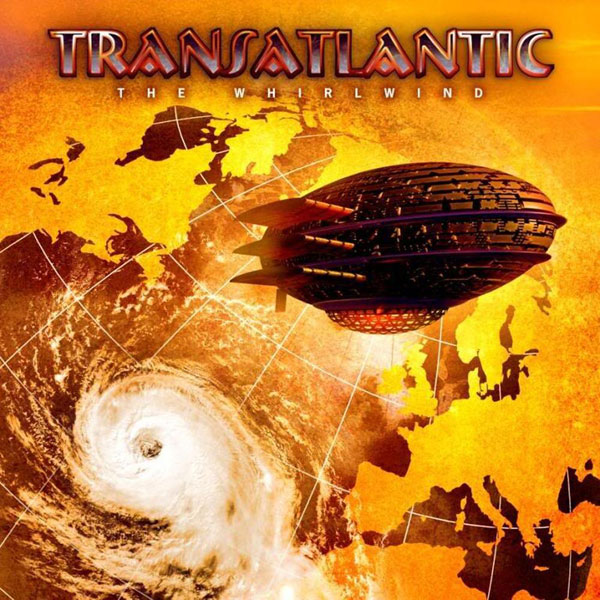
2009, 9/10
After a seven-year hiatus, during which Portnoy and Morse continued to work together, Transatlantic reconvened for a third album. The Whirlwind is Transatlantic’s grand concept album – it’s divided into 12 tracks but was conceived as a single 78-minute song. It’s suitably grand, opening with an overture of the album’s musical themes. Morse left Transatlantic after finding God, but here he’s largely brought God into Transatlantic – the overt Christian nature of The Whirlwind might deter some listeners. But for my money, The Whirlwind is Transatlantic’s best record – the musical motifs are the band’s most memorable.
The melody that closes the overture (“Out on the sea on a winter’s day…”) and reappears in the closing piece, and the riff that closes ‘The Wind Blew Them All Away’, are Transatlantic’s most hummable moments. A 78-minute single song sounds like a tough ask, but Transatlantic’s trademark vocal tag-team approach is a major asset, stopping the record from becoming stagnant. The closing ‘Dancing With Eternal Glory’ is suitably grand, reprising the most memorable parts of the record in a memorable conclusion.
The Whirlwind is a 78-minute single song, and it’s brilliant – making a case for Transatlantic’s place in the prog pantheon.
Kaleidoscope

2014, 7.5/10
After a five year absence, Transatlantic reconvened for their fourth album Kaleidoscope. As the title Kaleidoscope implies, the group’s more psychedelic than before. Transatlantic’s vocal harmonies are more accomplished than before, adding to the 1960s flavour. Kaleidoscope marks the first appearance on record of touring member Daniel Gildenlöw, who provides vocals in the ‘Written in Your Heart’ section of the opener ‘Into the Blue’
The two epic tracks that bookend Kaleidoscope are among the group’s best, and outshine the rest of the record. ‘Into The Blue’ is pretty and inspirational, while the title track is trippy and energetic. Of the shorter pieces, the strongest song is the hard-charging ‘Black as the Sky’, with lovely harmonies and Moog soloing from Morse. ‘Shine’ is pretty, but feels more like a Morse solo piece, while ‘Beyond the Sun’ is almost pushing into Hallmark movie soundtrack territory.
After a pair of excellent records, Kaleidoscope isn’t as consistently strong but the two lengthy epics are well-worth hearing.
The Absolute Universe (Forevermore)
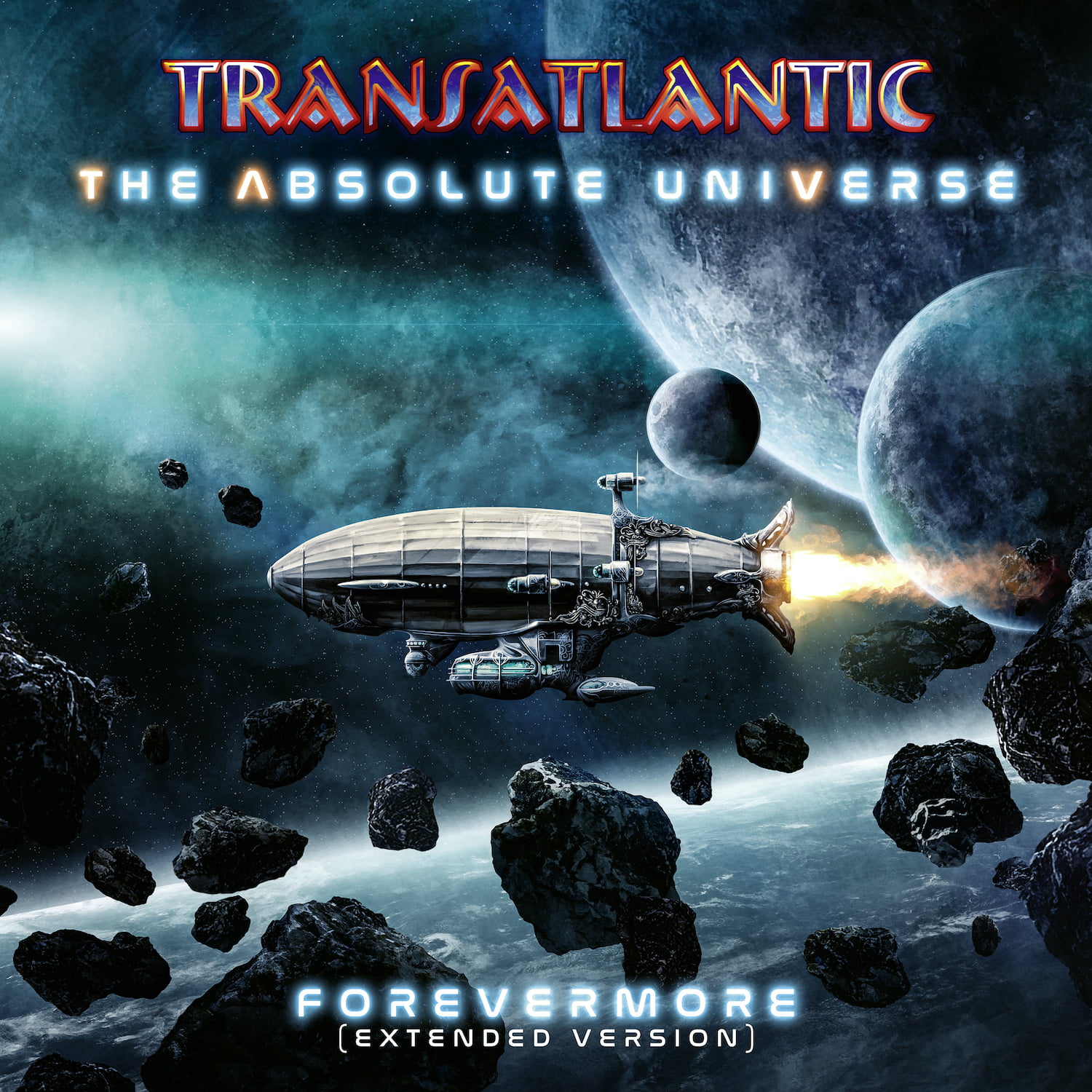
2021, 8/10
The Absolute Universe is Transatlantic’s fifth album together, and most of the members are now in their sixties. The original version of the album is 90 minutes long, but returning to the material after a holiday in New Zealand Morse proposed a shorter version. With a group deadlock – two members preferring each version – Portnoy eventually suggested releasing the two versions separately. The shorter version has newly recorded components that aren’t in the original, so a third Ultimate Version combines everything into a 96-minute record. I’ve opted to review the original 90-minute version, Forevermore (Extended Version), as it seems to be the most well-received.
The connected suite of songs recalls the band’s 2009’s album The Whirlwind. Morse’s lyrics originated as a sequel to The Whirlwind, but ended up as a discussion of how the Ayn Rand-inspired libertarian beliefs he held in his twenties were replaced by Christianity.
The Absolute Universe has more retro-1970s Yes vibes than ever before – Stolt’s guitar licks on ‘The World We Used To Know’ could have come straight from Relayer, while Morse’s organ on the opening ‘Overture’ and Moog on ‘The Sun Comes Up Today’ are reminiscent of Rick Wakeman. There are also more hints of psychedelia than on previous Transatlantic records; the massed choral vocals in ‘The Sun Comes Up Today’ recall the Beach Boys before Trewavas delivers an enjoyable lead vocal on the terrific psychedelic rocker. Morse’s psychedelic organ recalls Ray Manzarek on ‘The Greatest Story Never Ends’. The Absolute Universe suffers a little from a lack of memorable musical themes in its key moments. It’s shaped like a classic progressive rock concept album with its overture and repeated motifs, but the principal themes aren’t memorable enough for it to rank among Transatlantic’s best work.
The Absolute Universe isn’t an absolute classic, but it’s often excellent all the same.
10 Best Transatlantic Songs
The Whirlwind
Suite Charlotte Pike
My New World
Kaleidoscope
Bridge Across Forever
Duel With The Devil
Into The Blue
The Sun Comes Up Today
Stranger In Your Soul
The World We Used To Know
Back to 2000s Album Reviews…
Related Pages
About
Aphoristic Album Reviews is almost entirely written by one person. It features album reviews and blog posts across a growing spectrum of popular music.
Review Pages
Read about the discographies of musical acts from the 1960s to the present day. Browse this site's review archives or enjoy these random selections:
Blog Posts
I add new blog posts to this website every week. Browse the archives or enjoy these random selections:


